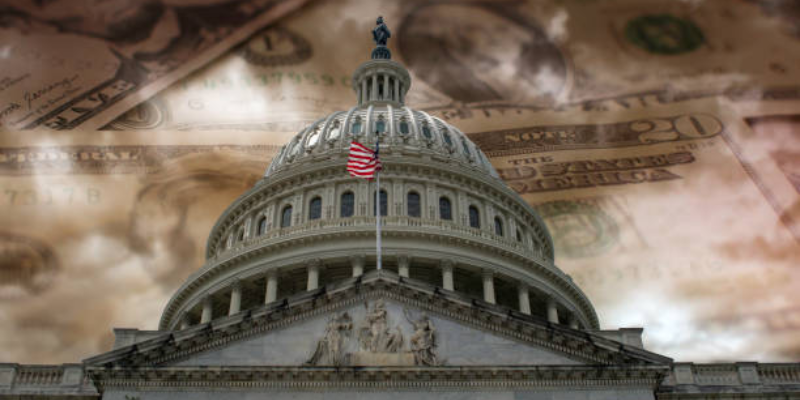The U.S. House of Representatives fails to override Biden’s vote on SEC crypto policy with 228 votes in favour against 184 votes in disapproval.
TakeAway Points:
- The U.S. House failed to override Biden’s veto on the bill to end SEC’s SAB 121, with only 228 votes in favor.
- SAB 121 requires banks to hold customers’ crypto assets on their balance sheets, raising capital demands and sparking industry backlash.
- Despite bipartisan support for SAB 121, Biden defended it to maintain SEC’s regulatory flexibility and avoid future constraints.
House Vote on Crypto Policy
The U.S. House of Representatives voted against President Joe Biden’s defense of the Securities and Exchange Commission’s (SEC) controversial crypto accounting policy, known as Staff Accounting Bulletin 121 (SAB 121).
The vote saw 228 lawmakers in favor of overturning the policy, while 184 opposed it. Despite the strong majority, the turnout fell short of the two-thirds needed to override the president’s recent veto. Notably, 21 Democrats joined the majority of Republicans in supporting the bill, with only one Republican dissenting.
SAB 121 advises public companies, particularly banks, to hold customers’ crypto assets on their own balance sheets. This unique custody requirement has been a point of contention, as it subjects banks to higher capital demands if they handle customers’ cryptocurrency. SEC Chair Gary Gensler defended the policy, citing it as a necessary reaction to industry turmoil where customers’ assets were locked into bankruptcies of crypto companies.
Bipartisan Disagreement
The debate over SAB 121 has seen bipartisan disagreement. Rep. Maxine Waters (D-Calif.) highlighted that the SEC is negotiating with banking industry representatives for “targeted modifications” to the policy and may be close to an agreement.
However, she criticized Republicans for pushing ahead with what she termed a “blunt and overly broad approach” that could undermine the regulator. On the other hand, Kristin Smith, CEO of the Blockchain Association, argued that “there is bipartisan agreement in both chambers of Congress that SAB 121 is nothing more than a punitive, anti-digital asset tool deployed by the SEC,” and that the SEC’s view on digital assets is flawed.
The Government Accountability Office’s review found that the SEC erred in treating SAB 121 as guidance rather than a formal rule, prompting Congress to vote for its overturn through the Congressional Review Act (CRA). President Biden’s veto was partly based on the potential long-term impact of a CRA purge, which would prevent the SEC from considering similar policies in the future. A statement from the president emphasized that overturning the policy “would inappropriately constrain the SEC’s ability to set forth appropriate guardrails and address future issues.”
Industry and Political Reactions
The crypto industry has been vocal in its opposition to SAB 121. Cody Carbone, chief policy officer for the Digital Chamber, criticized President Biden for ignoring bipartisan support in Congress to avoid embarrassment for SEC Chair Gary Gensler.
The industry’s concerns were further aired in a roundtable meeting with lawmakers and a White House representative, where prominent crypto figures, including Paul Grewal, Coinbase’s chief legal officer, called for a strong White House signal of support for crypto. Grewal noted that Anita Dunn, a senior adviser to Biden, “really seemed to listen and want to understand the concerns that we had.”
The political landscape surrounding this issue is complex. In May, the House voted 228-182 to overturn the SEC policy, with the Senate following suit. In both instances, several Democrats openly defied Biden’s veto threat. This ongoing tension within the Democratic Party is further highlighted by recent reports of renewed opposition to Biden’s reelection bid, with some party members signaling openness to replacing him as the nominee.





























